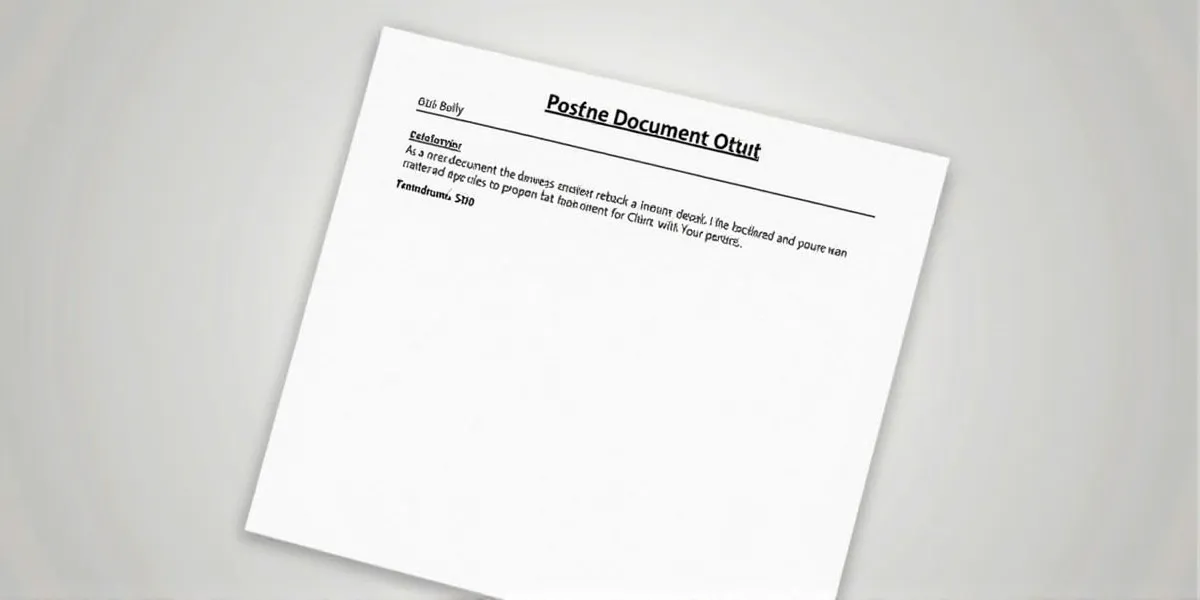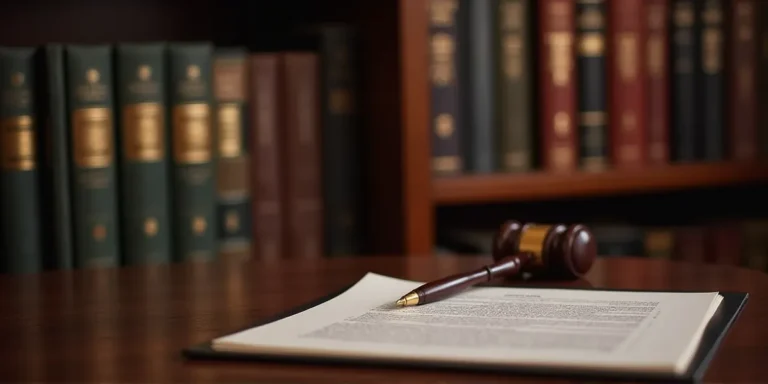In California, it is possible to write a will without hiring a lawyer, but it requires following specific legal requirements to ensure validity. The California Probate Code allows individuals to create a valid will either through a handwritten holographic will or a typed will with proper witnesses. While hiring an attorney can add clarity and reduce disputes, state law provides pathways for individuals to draft their own wills if they take care to comply with the statutory formalities.
 A holographic will is one of the simplest ways to write a will without legal assistance. In California, a holographic will must be entirely handwritten and signed by the testator. Unlike a typed will, it does not require witnesses to be legally valid. However, clarity is essential, as vague or incomplete language may cause problems during probate. Individuals should clearly state their name, declare the document as their last will and testament, and specify how property should be distributed.
A holographic will is one of the simplest ways to write a will without legal assistance. In California, a holographic will must be entirely handwritten and signed by the testator. Unlike a typed will, it does not require witnesses to be legally valid. However, clarity is essential, as vague or incomplete language may cause problems during probate. Individuals should clearly state their name, declare the document as their last will and testament, and specify how property should be distributed.
For a typed will, the requirements are stricter. California law mandates that the will be signed by the testator and witnessed by at least two competent adults who are present at the same time. These witnesses should not be beneficiaries under the will, as this could create conflicts of interest or invalidate certain provisions. Having clear, impartial witnesses ensures that the will can be admitted to probate without unnecessary challenges.
While drafting a will without a lawyer is legal, the language used must be precise. Ambiguities can lead to family disputes, extended probate, and even partial invalidation of the will. To avoid this, individuals should use straightforward terms, identify beneficiaries by full legal names, and describe assets in detail. It is also wise to name an executor who is both capable and trustworthy to carry out the instructions of the will.
| Type of Will | Requirements | Advantages | Drawbacks |
|---|---|---|---|
| Holographic Will | Entirely handwritten and signed | No witnesses required, easy to create | Risk of unclear language, easier to contest |
| Typed Will | Signed and witnessed by two adults | More formal, less likely to be disputed | Witness requirements must be strictly met |
| Self-Proving Will | Notarized affidavit with witness signatures | Speeds up probate process | Extra step of notarization required |
Practical tips for Californians writing a will without a lawyer include avoiding handwritten edits after the fact, as these can confuse courts, and keeping the document in a safe but accessible location. Updating the will after major life events—such as marriage, divorce, or the birth of a child—ensures that the instructions remain current. It is also recommended to include a residuary clause to cover assets not specifically listed, preventing partial intestacy.
In summary, writing a will without a lawyer in California is entirely possible under the law, but it demands attention to detail. Whether using a holographic or typed format, the key lies in meeting legal requirements and using clear, precise language. By including all necessary elements, naming an executor, and periodically updating the document, individuals can create a valid and effective will without the need for professional legal assistance.






